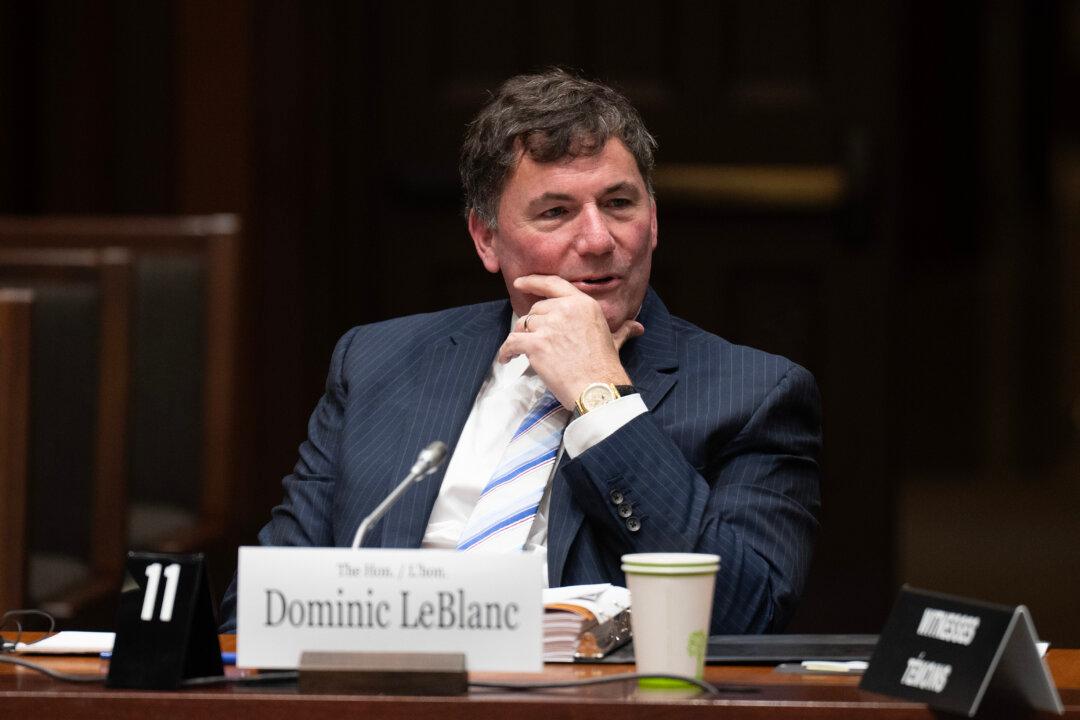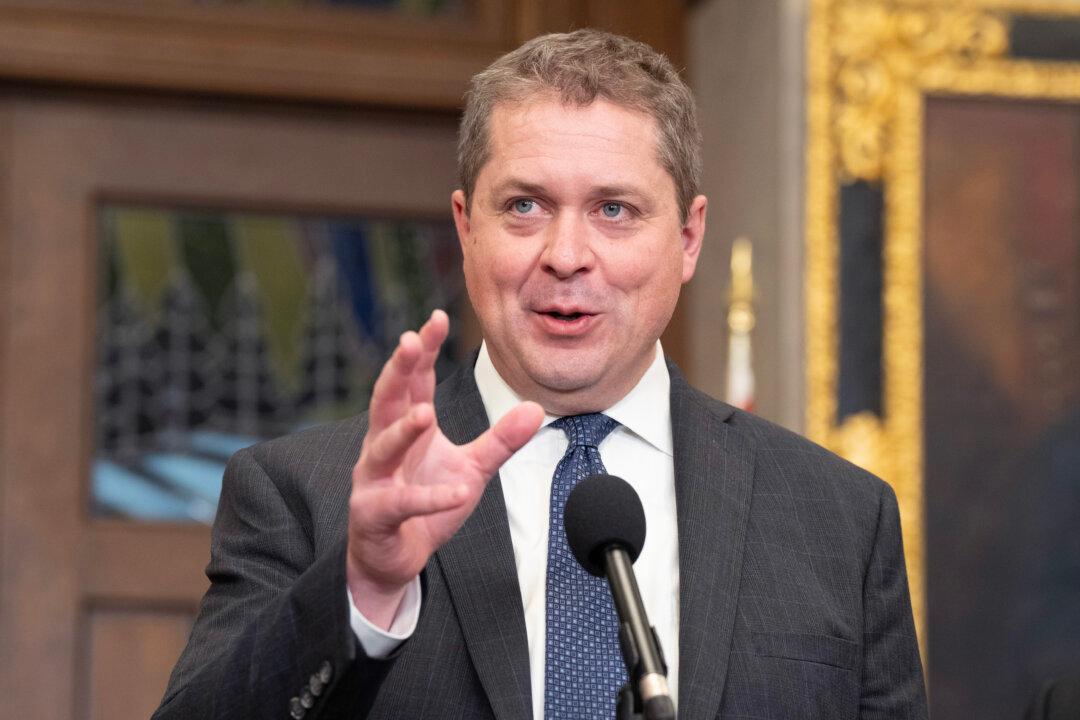Democratic Institutions Minister Dominic LeBlanc said the government is open to not including a provision in a bill amending the Elections Act, following Conservative criticism that it would secure pensions for 80 MPs.
Bill C-65, An Act To Amend The Canada Elections Act, includes a provision that would move the date of the next federal election from Oct. 20, 2025, to Oct. 27, 2025. While Section 1 of the Canada Elections Act states that an election must be held on the third Monday of October, the Liberals have said many communities will be celebrating the holiday of Diwali at that time.





